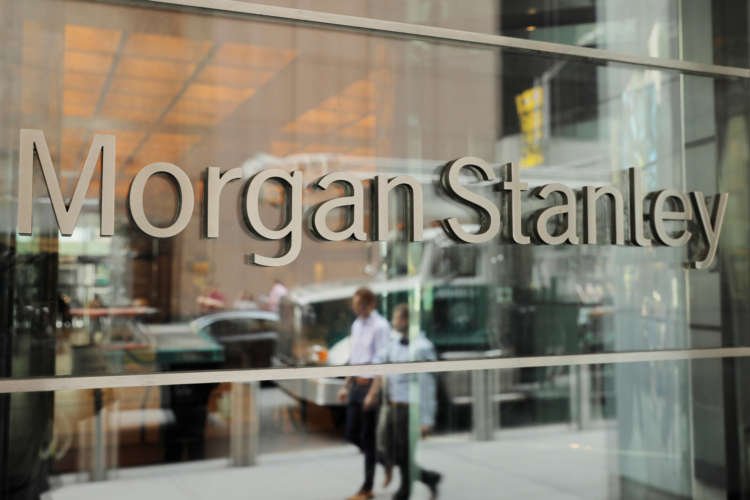Banking
Banks see 15-35% chance of Scottish independence as key vote nears
Published by linker 5
Posted on April 28, 2021
1 min readLast updated: January 21, 2026

Published by linker 5
Posted on April 28, 2021
1 min readLast updated: January 21, 2026

Explore more articles in the Banking category











